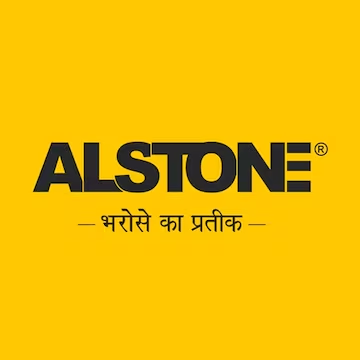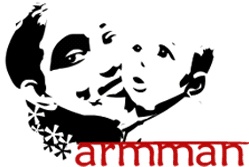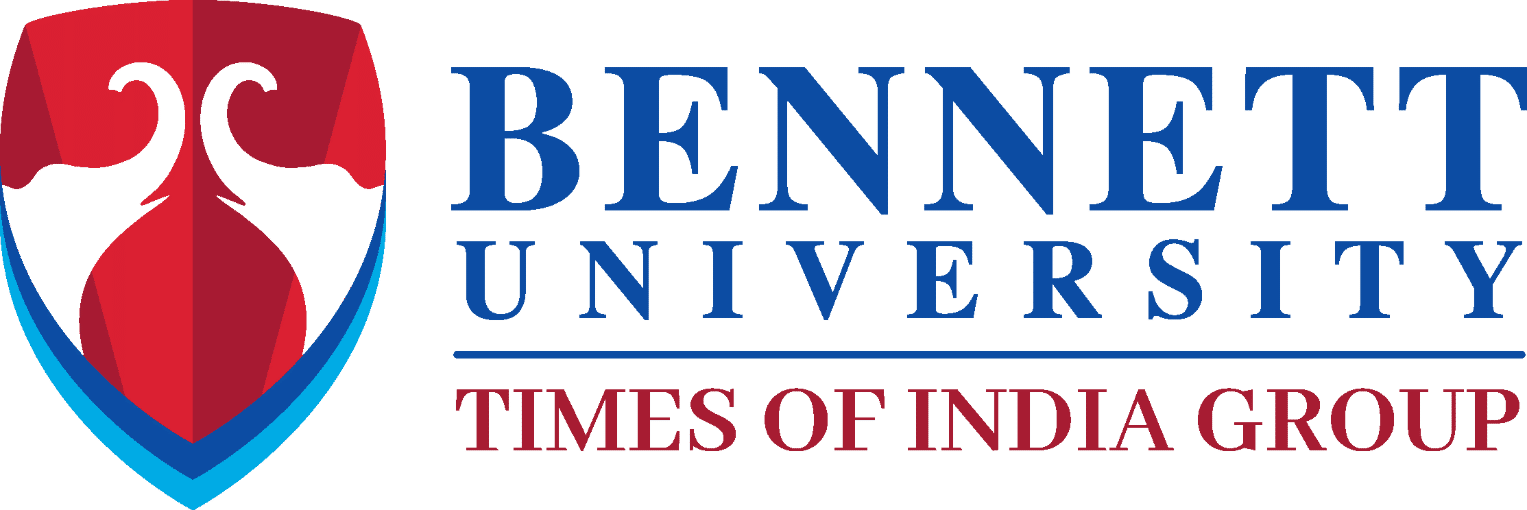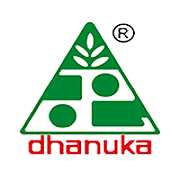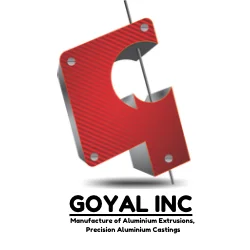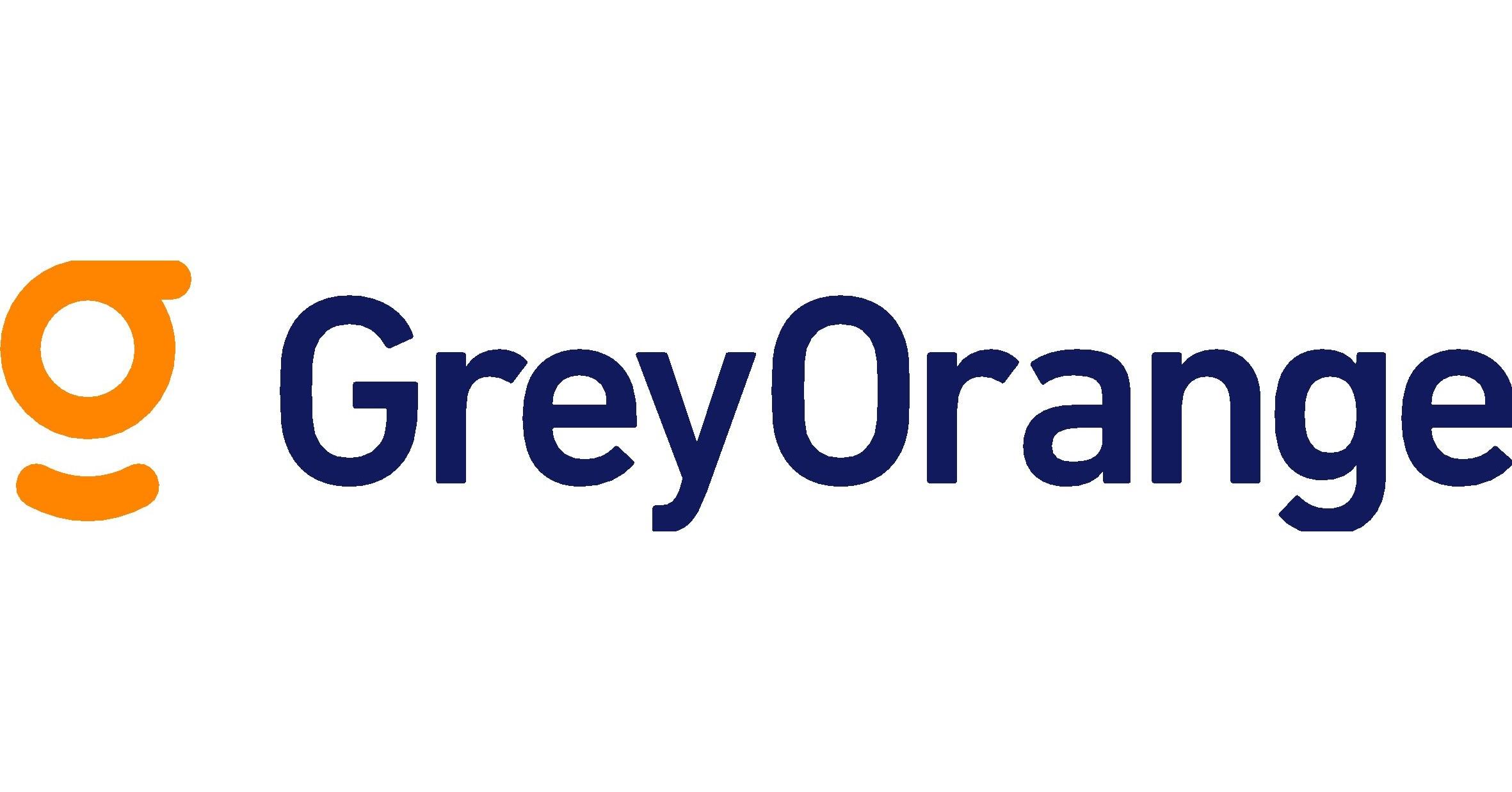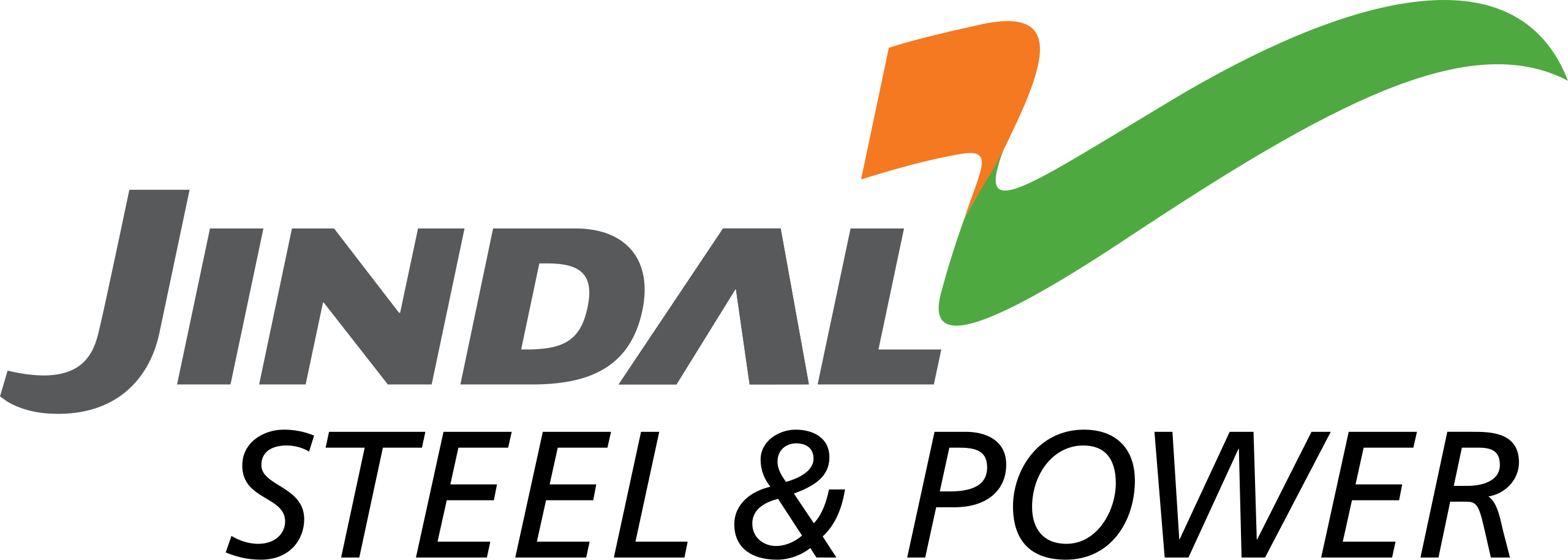🧵 ISO 14001 Consulting for Textile Industries “Driving Sustainable Textile Manufacturing with Global Environmental Standards”
🌍 Why ISO 14001 is Critical for Textile Industries in Sonipat
Sonipat is a hub for textile manufacturing, with units producing:
- Fabric & yarn (cotton, polyester, blends)
- Dyeing and finishing products
- Hosiery and garments
- Home furnishings and industrial textiles
These industries are resource-intensive, generating significant wastewater, chemical effluents, fabric scraps, and emissions. With rising environmental regulations and market demand for sustainable practices, ISO 14001:2015 helps textile units adopt an Environmental Management System (EMS) that ensures compliance, waste reduction, and eco-efficiency.
“ISO 14001 isn’t just about environmental responsibility — it’s a strategic advantage for the modern textile business.”
🧶 Who Should Go for ISO 14001 in the Textile Sector?
ISO 14001 is ideal for textile businesses involved in:
- Yarn production and spinning mills
- Dyeing, printing, and finishing units
- Knitting and weaving factories
- Garment manufacturing and export houses
- Textile chemical & auxiliary manufacturers
Whether you're focused on domestic supply or exports, ISO 14001 certification helps meet global buyer standards, improve resource use, and mitigate environmental risks.
✅ Key Benefits of ISO 14001 for Textile Manufacturers
| Environmental Focus Business Impact | |
| ♻️ Wastewater Management | Comply with Haryana PCB norms and reduce treatment costs |
| 🧪 Chemical Handling & Disposal | Ensure safe handling of dyes, solvents & auxiliaries |
| ⚡ Energy & Water Efficiency | Reduce utility costs through optimized processes |
| 💼 Legal & Regulatory Compliance | Avoid environmental penalties and factory shutdown risks |
| 🌱 Green Brand Reputation | Attract eco-conscious buyers, brands, and global partners |
| 📈 Export Readiness | Meet ESG and environmental norms of international markets |
🛠 Our ISO 14001 Consulting Services Include:
Our textile-specific ISO 14001 consulting covers complete EMS setup, audit readiness, and sustainability integration.
1. 🔍 Initial Environmental Gap Analysis
- Site inspection & process audit
- Identification of major pollutants & risk zones
- Regulatory checklist aligned to Haryana PCB guidelines
2. 📋 EMS Documentation & Planning
- Customized Environmental Policy & Objectives
- SOPs for chemical usage, effluent handling, air emissions
- Aspect-Impact Register, Legal Register, Risk Assessment Matrix
3. 🧑🏫 Training & Awareness Programs
- Worker and supervisor training on eco-safe practices
- Internal auditor training (ISO 14001:2015 aligned)
- Emergency response planning (fire, chemical spill, gas leak)
4. ✅ Certification & Audit Support
- Assist with Certification Body selection (TÜV, SGS, etc.)
- Mock audits and audit documentation preparation
- NC closure support post-audit
5. 🔄 Sustainability & Compliance Integration
- Guidance on ZLD (Zero Liquid Discharge) and ETP setup
- ESG reporting and green procurement support
- Ongoing EMS performance reviews and upgrades


